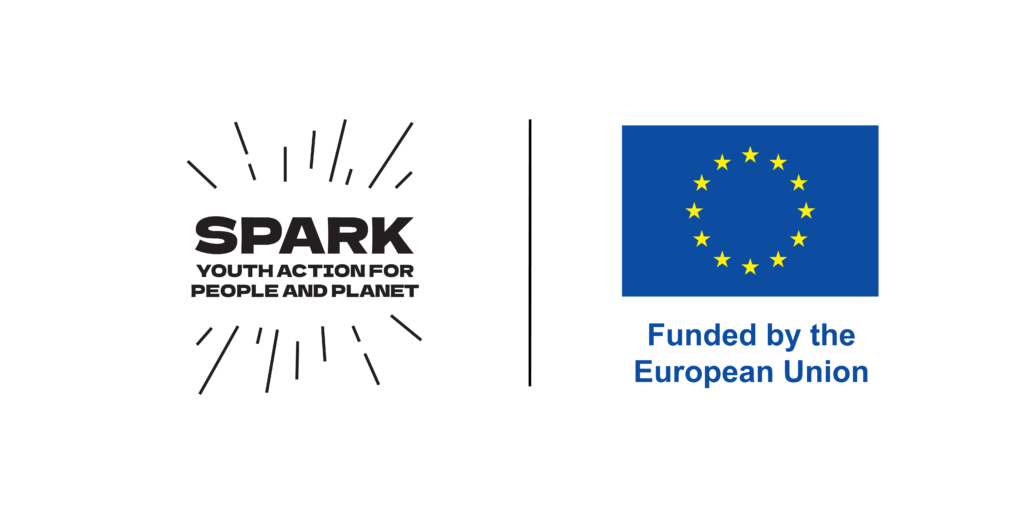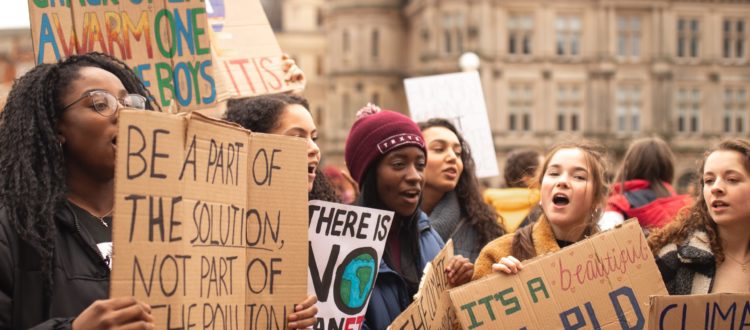ARE MITIGATION EFFORTS EQUITABLE?
During these days in Glasgow, we have seen multiple announcements from countries on emissions reductions, climate neutrality, coal phase-out and financial support to developing countries and to forest protection. With each announcement, analysts and observers question how far the commitments outlined are in line with the Paris Agreement’s goals of limiting global temperature rise, which are essential to avoid the most damaging consequences of climate change.
At the same time, however, it is also important to analyse the commitments made by countries through the prism of equity. The Paris Agreement, in fact, stipulates that its implementation should take place “to reflect equity and the principle of common but differentiated responsibilities and respective capabilities, in the light of different national circumstances” (Art. 2). According to the IPCC’s Fifth Assessment Report, the principle of equity in effort sharing in combating climate change comprises four dimensions:
– Fairness – every inhabitant of the planet should be entitled to the same amount of emissions or, according to some interpretations, the poorest inhabitants should be entitled to higher emissions to compensate for their reduced access to resources and clean energy sources;
– Responsibility – the most developed countries, responsible for most of the historical emissions, must bear the most of the effort to remedy climate change;
– Capacity (or Ability to Pay) – just as in progressive taxation systems, those countries with the greatest capacity to implement climate change actions (in terms of financial, but also technological, institutional and human capital) have the greatest responsibility to act;
– Right to Development – the need to ensure that the poorest countries have the capacity to develop economically and socially, and eradicate poverty.
So, how can we assess countries mitigation commitments according to these definitions?
The research team of the Group of Governance on Climate Change (GGCC) of the Universitat Politècnica de Catalunya (UPC) presented during a side-event the results of the study they conducted to answer this question. By comparing the emissions that different countries will emit from 2020 to 2030 as stated in their action plans – the Nationally Determined Contributions (NDCs) – with their respective historical emissions (from 1990 to 2018) and the size of their population, the group of researchers found that the distribution of climate change efforts does not reflect the principles of equity.
Considering the principle of Equality, for a fair distribution of efforts the percentage of global emissions planned by countries in their NDCs for the period 2020-2030 should reflect the percentage of their population. Moreover, if a country has a larger share of the world’s population than the percentage of global emissions it will emit from 2020 to 2030, in accordance with the Responsibility principle the country will be offering compensation for its historical over-emissions. Conversely, if a country’s share of NDC emissions is greater than the percentage of its population, it will be receiving compensation for its historical under-emissions. What the study by the UPC reveals is that the current NDCs do not reflect these principles.
Although a positive dynamic can be observed in the reduction of the share of global 2020-2030 emissions of the most developed countries compared to the share emitted between 1990 and 2018, and for developing countries the future share is higher, this positive dynamic is still insufficient to ensure that the distribution of mitigation efforts is equitable (adding to the fact that the commitments made under the current NDCs are still too limited to meet the Paris Agreement targets).
The richest countries, such as the United States, the European Union and Japan, will be responsible for more than a quarter of 2020-2030 emissions, even though they represent only 15% of the world’s population. The same holds for upper middle-income countries, such as China, South Africa and Brazil, which will be responsible for about 45% of global emissions between 2020 and 2030, despite being home to one third of the world’s population. In contrast, lower and middle-income countries, which now represent more than half the world’s population, will be responsible for less than 30% of global emissions from 2020 to 2030.
This picture clearly shows that the distribution of emissions between countries is still highly inequitable, with the poorest countries once again being penalised. The study observes that the small percentage of emissions for which the poorest countries will be responsible could significantly hamper their Right to Development, also given their lack of infrastructure and the adaptation challenges they face.
For this reason, the researchers make a two-fold appeal: it is imperative to significantly increase the ambition of the global NDCs to limit the temperature to 1.5°C, and it is essential to do so in an equitable manner. This means that the mitigation effort does not have to be the same for everyone: richer countries must take on a significantly greater effort than they do right now, while poorer countries must be allowed a greater margin of emissions, providing them with the opportunities for development, prosperity and resilience they need. This is the only way to ensure that countries’ mitigation actions truly deliver climate justice, and that equity does not remain only a principle on paper.
by Silvia Valentini, Italian Climate Network Volunteer for COP26
You are reading this ICN COP Bulletin article as part of the EC DEAR SPARK project. Marirosa Iannelli, Coordinator of the Climate & Advocacy Department of ICN, overviews this activity. ICN monitors negotiations and reports what is happening in Italian and English, on our website and on social channels, as part of a pan-European consortium of over 20 non-profit organizations committed to promoting climate awareness with particular attention to the role of young people and issues related to international cooperation and gender policies.


